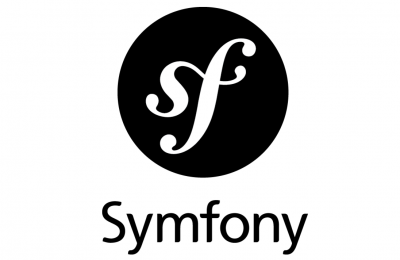The Symfony Advantage: Sharing skills across Bolt CMS, Drupal, eZ Platform...
Symfony happened to be at with the right product at the right place at the right time. And nowadays developers can share the skills across Content Management Tools that use Symfony.
The advantage is that developers no longer need to specialize deeply in a certain system, but can use the appropriate tool for the case. For many cases a simple flat file CMS like Grav might be a good choice, but once you'll need to get more dynamic you'll probably wish you could do some DB queries.
In this case you can choose a tool like Bolt CMS or PageKit which are already very capable applications and can be used for blogs, company website and are solid alternative to WordPress.
Bolt CMS, for example, focuses on a limited number of features. From there on you might want to move forward to something more heavyweight like eZ Platform, Drupal 8 or Typo3. All three are fully featured content management platforms that can be used for a variety of things.
With complex tools you might quite a bit more than you need, so for many things Grav or Bolt CMS might be a better option if you don't need to be be quite so "enterprisey" :)
Symfony opens new doors for CMS developers
Titles like "Drupal developer" will surely be around for a good while to come, but when working in the Symfony realm devs can focus directly on the core concepts on the system at hand. Not all of it is unique to the Symfony ecosystem, but are widely used together - these include Monolog and Doctrine.
Instead of learning a completely custom programming library and proprietary practises like Drupal 7 and WordPress, developers can reuse the knowledge of technologies and concepts like Doctrine, YAML, Twig and Dependency Injection.
Some of these choose to standardise on the Symfony Full Stack framework while some go with adopting some Components. But together with the PSR initiatives, there's a lot you can share between these tools.
Moving from Bolt CMS to eZ Platform
In the video below there is a workshop from the eZ Summer Camp 2015 that discusses about how to start with Bolt CMS and migrate to eZ Platform if you need to:
Read more about the use of Symfony and breaking boundaries in PHP applications:
- Break down the silos, PHP developers
- Symfony components and the full stack framework in CMS ecosystems
- Using Symfony Finder and YAML components to transform Drupal 8 configurations to eZ Platform
- Learn Symfony and modern PHP with Bolt 3.0 - a Silex powered CMS
- All Drupal and no WordPress makes Jack a dull developer
- Drupal 8 to accelerate Symfony adoption
- Symfony and Content Management: Comparing Bolt, Drupal 8 and eZ Platform
- Bolt CMS is WordPress done right(er)

